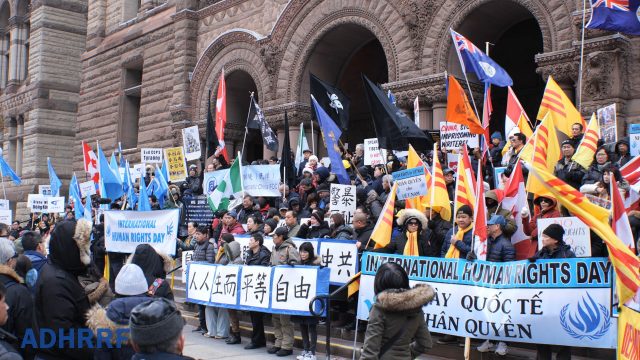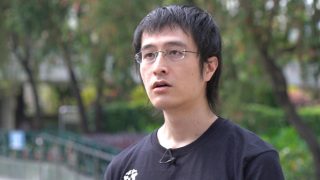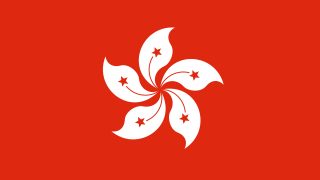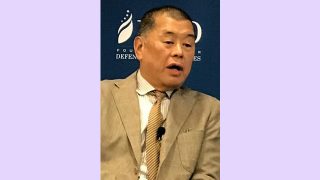
The Chinese Communist Party (CCP) maintains an extensive surveillance network in the West that identifies and monitors people who are considered a risk to the regime. A large number of them include Chinese-origin people who dare to speak against the communist atrocities of China. In Canada, people who have stood with Hong Kong protestors in their struggle for democracy have been threatened and intimidated by Chinese agents.
Not free abroad
“We get harassed. Whatever we say, of course, they say the opposite… I remember one man, he was an elderly guy, he was just drawing something on the ground with chalk. And they were pouring water on it,” an anonymous pro-Hong Kong supporter described the actions of pro-China supporters, as reported by Maclean’s. The anonymous person is a Canadian hailing from Hong Kong. He had spent six months in Hong Kong during the early days of the protest movement.
After coming back to Canada, he went on to be active in the pro-Hong Kong protests in Vancouver, only to see that Chinese goons were terrorizing such people, tearing down protest installations, and even initiating physical confrontations. He remains anonymous to protect himself and his loved ones from getting mixed up with Chinese officials. The fact that he is forced to be anonymous while in Canada, which boasts of being a democratic nation that supports free speech, only goes to show how intrusive the Chinese government has become in the North American country.
“In contrast, there are also people who have decided to stand up against Chinese intimidation. Susan Chung is one such person who has been openly supporting the pro-Hong Kong protests and does not shy away from announcing her name. In fact, even her parents, who had migrated to Canada, often warn her of being wary about her identity.
“By bringing me to Canada, they (her parents) sacrificed so much: I can see it so clearly now that I have my own kids … I imagine uprooting to an entirely different world where my children transform into foreigners, learning to speak a different language and picking up different cultural values. What would I do that for? They did it because Canada has her version of ‘Basic Law’. And I will never take that for granted. So, in a way, I showed up at the rally for them,” she said to the South China Morning Post.
A threat to Canada
Despite posing a threat to Canada’s sovereignty, the North American country has been too soft on its approach against China. After the U.S. government banned surveillance cameras from China due to the security risk posed by them, it was hoped that Canada would also do the same. However, the Canadian military announced that the country won’t do any such thing.
Public Safety Canada, which is responsible for overseeing some of the national security agencies, also refused to directly support any action against Chinese surveillance cameras. “Individual departments are responsible for defining, documenting, and maintaining departmental security practices for procurement of assets based on department-wide security requirements that apply to all contracts or arrangements… On a case-by-case basis, security and intelligence agencies may provide additional advice and guidance to departments, but they do not comment on vendors or untrusted suppliers,” spokesperson Zarah Malik said, as reported by The Logic.
Even in the matter of 5G, Canada continues to remain on the fence on whether to allow or block Huawei 5G in the country. The U.S. administration has repeatedly warned that allowing Chinese companies would compromise intelligence sharing between the two nations. Former Canadian PM Stephen Harper has pointed out that Huawei poses a threat to Canadian security due to the company’s close ties with the Chinese communist government.
Source: visiontimes



